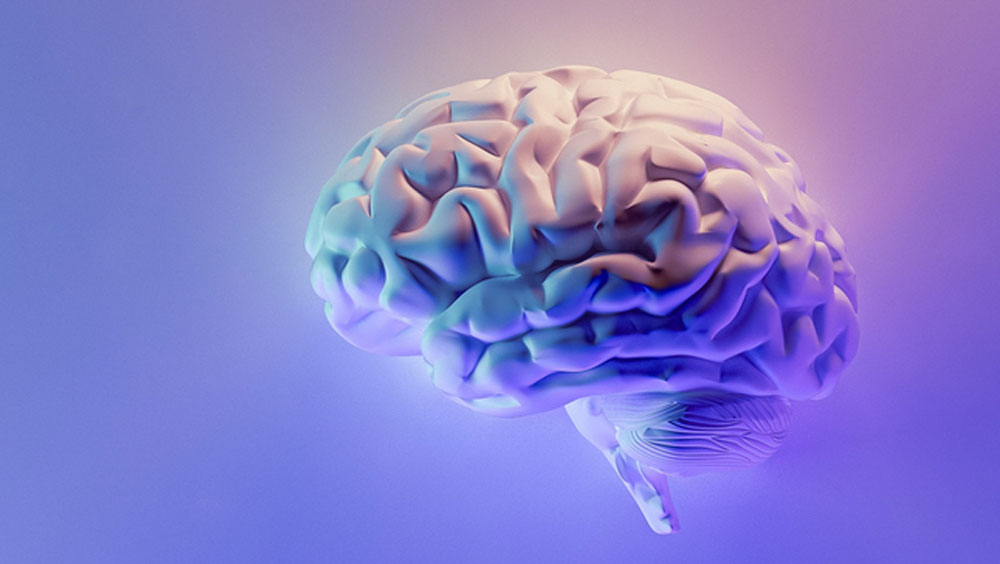Concussions are a common type of traumatic brain injury caused by a blow to the head or body, a fall, or another injury that jars or shakes the brain inside the skull. While they can range from mild to severe, concussions always require proper care and recovery time to prevent long-term damage. Understanding the recovery process and timeline is crucial for anyone who has experienced a concussion or is caring for someone who has.
What Is A Concussion?

A concussion occurs when the brain is violently shaken inside the skull due to an impact. This can lead to a variety of symptoms, including headaches, confusion, dizziness, nausea, and sensitivity to light and noise. Some people may also experience memory problems, mood changes, and difficulty concentrating. Concussions are often categorized as mild traumatic brain injuries, but even a mild concussion can have serious effects if not properly managed.
Immediate Steps After A Concussion

Immediately after a concussion, it’s important to rest and avoid activities that could exacerbate the injury. This includes both physical activities and tasks that require significant mental effort. Seeking medical attention promptly is crucial. A healthcare professional can assess the severity of the concussion and provide guidelines for recovery.
Typical Recovery Time

The recovery time for a concussion can vary significantly from person to person. For most people, symptoms resolve within 7 to 10 days. However, some individuals may take weeks or even months to fully recover. The duration depends on several factors, including the severity of the concussion, the individual's overall health, and how well they adhere to recovery guidelines.
Factors Affecting Recovery Time

Severity of the Concussion: More severe concussions generally take longer to heal. A mild concussion might resolve in a few days, while a severe concussion could require several weeks or more.
Age: Younger individuals, especially children and teenagers, may take longer to recover from a concussion compared to adults. Their brains are still developing, which can make them more susceptible to prolonged symptoms.
Previous Concussions: Individuals who have had previous concussions may find that subsequent concussions take longer to heal. The effects can be cumulative, leading to more extended recovery periods.
Overall Health: A person’s general health and fitness can influence recovery time. Those with pre-existing health conditions or poor physical fitness may experience a slower recovery.
Adherence to Recovery Guidelines: Following medical advice and recovery guidelines can significantly impact recovery time. Resting adequately and gradually returning to normal activities is crucial.
The Recovery Process

Rest: The most critical aspect of recovering from a concussion is rest. Both physical and cognitive rest are essential. This means avoiding strenuous physical activities as well as limiting tasks that require intense concentration, such as reading, using electronic devices, or schoolwork.
Gradual Return to Activities: Once symptoms begin to improve, a gradual return to normal activities is recommended. This should be done under medical supervision to ensure that symptoms do not return or worsen. The process usually starts with light physical activity, followed by more strenuous exercises and eventually full participation in regular activities.
Monitoring Symptoms: During the recovery process, it’s important to monitor symptoms closely. If symptoms return or worsen with activity, it’s a sign that more rest is needed. Persistent symptoms should be reported to a healthcare professional.
When To Seek Further Medical Attention

Most concussions resolve with proper rest and gradual return to activities. However, if symptoms persist for more than a few weeks, it’s important to seek further medical evaluation. Chronic symptoms could indicate post-concussion syndrome, a condition where concussion symptoms last for an extended period.
Preventing Future Concussions

Once recovered, taking steps to prevent future concussions is crucial. This includes wearing appropriate protective gear during sports, making living spaces safer to prevent falls, and following safety guidelines at work and during recreational activities.


